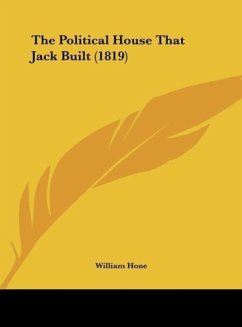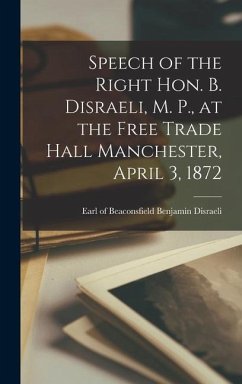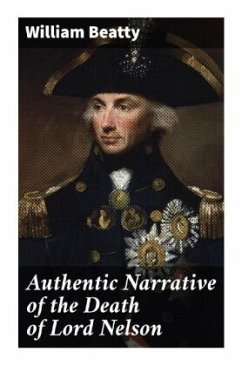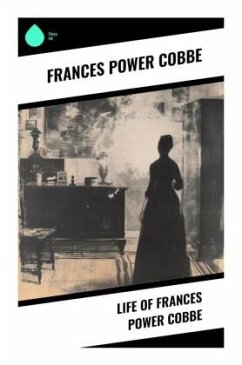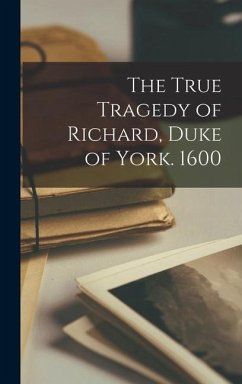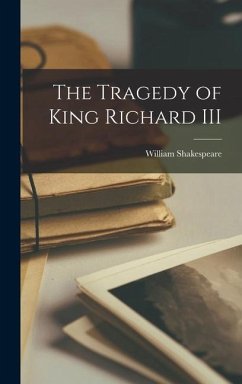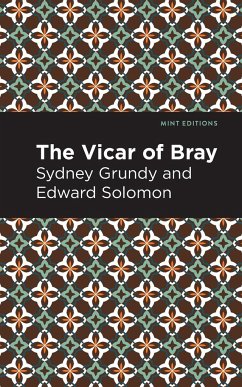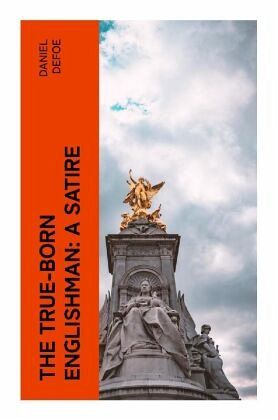
The True-Born Englishman: A Satire
Versandkostenfrei!
Versandfertig in 6-10 Tagen
8,30 €
inkl. MwSt.
Weitere Ausgaben:

PAYBACK Punkte
0 °P sammeln!
In "The True-Born Englishman: A Satire," Daniel Defoe deftly critiques the notion of English national identity during the early 18th century, employing a rich tapestry of wit and humor. Written in rhymed couplets, the text juxtaposes personal and national characteristics, exploring the hybrid origins of the English people amidst a tumultuous political landscape marked by the proximity of the Glorious Revolution. Defoe's satirical style is incisive yet accessible, inviting readers to ponder the absurdities of prejudice while reinforcing the premise that identity is an intricate blend of diverse...
In "The True-Born Englishman: A Satire," Daniel Defoe deftly critiques the notion of English national identity during the early 18th century, employing a rich tapestry of wit and humor. Written in rhymed couplets, the text juxtaposes personal and national characteristics, exploring the hybrid origins of the English people amidst a tumultuous political landscape marked by the proximity of the Glorious Revolution. Defoe's satirical style is incisive yet accessible, inviting readers to ponder the absurdities of prejudice while reinforcing the premise that identity is an intricate blend of diverse influences. The work stands as a testimony to Defoe's engagement with contemporary debates around nationalism and belonging, making it a crucial text in the canon of English literature. Daniel Defoe, a versatile writer and passionate pamphleteer, was deeply influenced by the sociopolitical climate of his time, particularly the conflicts around identity that characterized the aftermath of the Stuart era. His own life-marked by experiences as a merchant, a spy, and a prisoner-imbued him with a unique perspective on national identity and a fervent interest in societal reform. These factors undoubtedly shaped his endeavor to challenge existing notions of Englishness through this satirical lens. This book is highly recommended for readers interested in the evolution of English national identity, as well as those who enjoy sharp, satirical wit. Defoe's clever observations resonate beyond his time, prompting contemporary reflections on race, heritage, and belonging. An essential read for scholars and enthusiasts alike, it encourages a deeper understanding of how identity is formed through both individual and collective histories.




